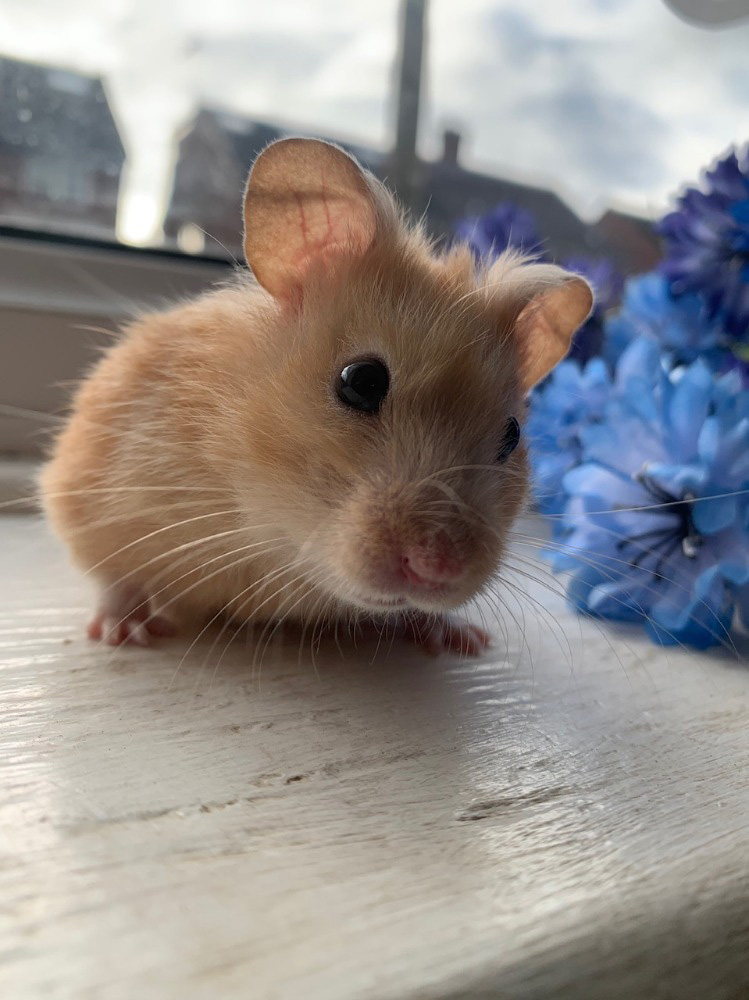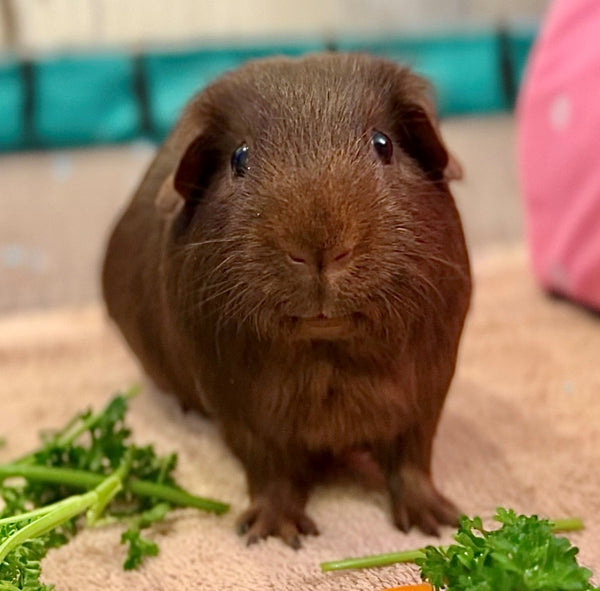Hamster Age-Appropriate Caring
Caring for hamsters requires understanding their needs at various life stages. Whether you’ve recently adopted a baby hamster or are caring for a senior, each age presents unique requirements. Here, we will explore how to provide the best care for hamsters of different ages, ensuring a long and healthy life for your furry friend.
Understanding Hamster Life Stages
Hamsters progress through a few distinct life stages: baby, juvenile, adult, and senior. Each stage has specific care needs. Recognizing these stages can help pet owners tailor their approach, ensuring that hamsters receive age-appropriate nutrition, housing, and socialization.
Baby Hamsters: The First Weeks
Baby hamsters, or pups, are born blind and hairless and rely entirely on their mother for care during the first few weeks of life. If you’re responsible for a litter, ensure that the mother is healthy and receiving adequate nutrition. You should avoid handling the pups until they are about two weeks old, as this can stress them and lead to abandonment by the mother. At this stage, the mother’s diet should be high in protein and fat to support nursing. Once the pups are weaned, typically around three weeks old, they can be transitioned to commercial hamster food supplemented with fresh fruits and vegetables.

Juvenile Hamsters: Socialization and Habitat
During the juvenile stage, which lasts from three weeks to about six months, hamsters become more active and curious. This period is crucial for their socialization and development. Provide a spacious cage with plenty of toys and hiding spots to encourage exploration. Additionally, frequent handling during this stage helps them become accustomed to human interaction. Always be gentle and allow your hamster to explore your hands rather than grabbing them, which can cause stress.
Adult Hamsters: Maintenance and Care
Once hamsters reach adulthood around six months of age, their dietary needs change. A balanced diet consisting of high-quality hamster pellets, occasional treats, and a mix of seeds, nuts, fruits, and veggies is essential for maintaining their health. During this stage, owners should focus on regular cleaning of the habitat, which includes removing waste and uneaten food daily to keep the area sanitary.
Feeding Adult Hamsters
Adult hamsters have robust dietary needs. Their primary food source should consist of specially formulated hamster pellets, which provide balanced nutrition. Fresh fruits and vegetables can supplement their diet, but be cautious of overfeeding, as this can lead to obesity. Safe options include carrots, broccoli, and cucumber. Avoid sugary fruits like grapes and citrus, which can upset their stomachs.
Exercise and Enrichment for Adults
Providing adequate exercise is vital for adult hamsters. A solid exercise wheel is an excellent addition to their habitat, allowing them to expend energy and stay fit. Additionally, consider arranging playtime outside their cage in a safe, enclosed area. Provide tunnels, chew toys, and climbing structures to keep them engaged and mentally stimulated, promoting overall well-being.
Senior Hamsters: Special Considerations
As hamsters enter their senior years, usually around 18 months, they may experience health issues and decreased mobility. Adjusting their care routine is essential to meet their needs. Senior hamsters may benefit from softer food options, such as moistened pellets or pureed vegetables, to ease their eating process. It’s also important to provide a comfortable bedding area that offers warmth and support for their aging bodies.
Monitoring Health in Senior Hamsters
Regular health checks are critical for senior hamsters. Pay attention to any changes in behavior, eating habits, or grooming. Common issues in older hamsters include dental problems, mobility difficulties, and potential heart issues. If you notice any signs of discomfort or abnormal behavior, consult a veterinarian experienced with small animals. Additionally, providing a peaceful environment with reduced stress can greatly enhance their quality of life in these twilight years.
Creating a Cozy Environment for Seniors
Ensure the cage for your senior hamster is easy to access. Low-sided bedding will help older hamsters move around with ease. Soft, warm bedding materials can also provide comfort. Carrying out regular cleaning while minimizing stress during the process is essential. Create hiding spots and comfortable resting areas where they can retreat as they feel fatigued.
Key Takeaways
- Recognize the different life stages of hamsters to provide tailored care.
- Ensure a balanced diet and exercise for adult hamsters.
- Monitor senior hamsters for health issues and modify their diet as needed.
- Create a safe and engaging environment that promotes physical and mental well-being.
FAQ
1. What should I feed a baby hamster?
Baby hamsters should be fed a high-quality formula designed for young rodents. Once weaned, they can transition to regular hamster pellets with occasional treats like soft fruits or baby food. It’s important to avoid hard foods until they are older and can chew properly.
2. How do I tell if my hamster is healthy?
A healthy hamster is typically active, has shiny fur, clear eyes, and maintains a healthy weight. Regular checks for any signs of illness, such as lethargy, changes in eating habits, or abnormal droppings, are essential for monitoring their health.
3. How often should I clean my hamster’s cage?
Hamster cages should be cleaned thoroughly at least once a week, with daily spot cleaning to remove waste and uneaten food. Keeping the cage clean helps prevent odors and maintain a healthy environment for your hamster.
4. Can I keep multiple hamsters together?
Generally, it’s best to keep hamsters alone, as they are territorial creatures. However, dwarf hamsters may sometimes cohabitate if introduced at a young age. It’s crucial to watch for signs of aggression and be prepared to separate them if necessary.
5. What are common health issues in older hamsters?
Older hamsters may face health issues like dental diseases, obesity, and heart problems. Regular veterinary check-ups can help identify these concerns early. Providing a proper diet and a stress-free environment can contribute to their overall health.
